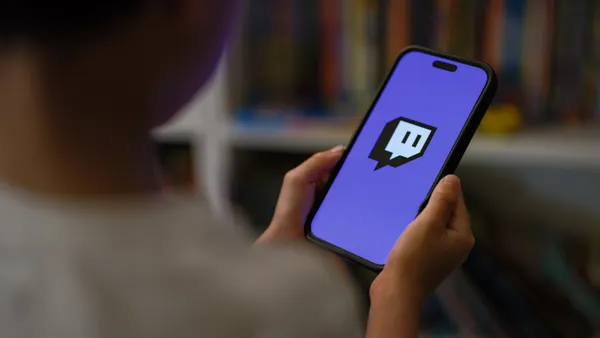Dive Brief:
- While Google's YouTube and its advertisers continue to sort out issues with offensive content, the video platform's creators are taking a direct hit to their income, Ad Age reported. A number of creator channels, as well as individual videos, continue to be "demonetized," meaning that ads will no longer be shown on those videos nor will they generate any sort revenue for the creators, the publication said.
- As part of YouTube’s ongoing fix for brand safety, advertisers now have five "sensitive content exclusions" rather than the previous two: sensitive social issues and tragedy and conflicts have been joined by tags for material deemed sexually suggestive, sensational and shocking or features profanity and rough language.
- In related news, the agency holding group Omnicom has created a safety program for YouTube that reviews hundreds of thousands of videos daily to make sure the content is brand-appropriate, creating a whitelist of inventory. The videos will be reviewed by artificial intelligence technology as well as by people.
Dive Insight:
YouTube is now weeks into an issue that has a large number of major brands pulling spend across Google properties over complaints the tech giant does not do enough to ensure ads avoid appearing next to content featuring things like terrorism and hate speech. The whole situation has turned into a bit of a waiting game as Google has huge reach that marketers can't necessarily afford to miss out on, and Google obviously wants to keep serving the ads that act as its main source of revenue. However, if creators continue to lose money on YouTube, they could start to take their content elsewhere.
Influencers aren't exactly innocent bystanders, as part of the problem stems from YouTube creators not always sharing content that is safe for brands. PewDiePie, YouTube's most successful influencer, became a flashpoint for this discussion after both Disney's Maker Studios and Google's Preferred advertising program cut ties with him over videos they deemed anti-Semitic and therefore unsafe for their brand partners to advertise on.
The expanded sensitive content exclusions mean more content creators are likely to lose traction with marketers — and thefore money — especially since the new tags include pretty broad categories like foul language.
Agencies are quickly stepping up to fill the role as arbiters of what channels are appropriate for brands, as the Omnicom news underscores. Group M, another major digital agency, has similarly been in talks with Google over fixes to its brand safety woes, and has been provided to a confidential list of YouTube channels in Google's Preferred program to help clients get better visibility into where their ads are served.











